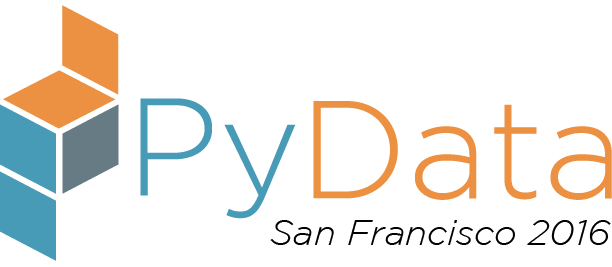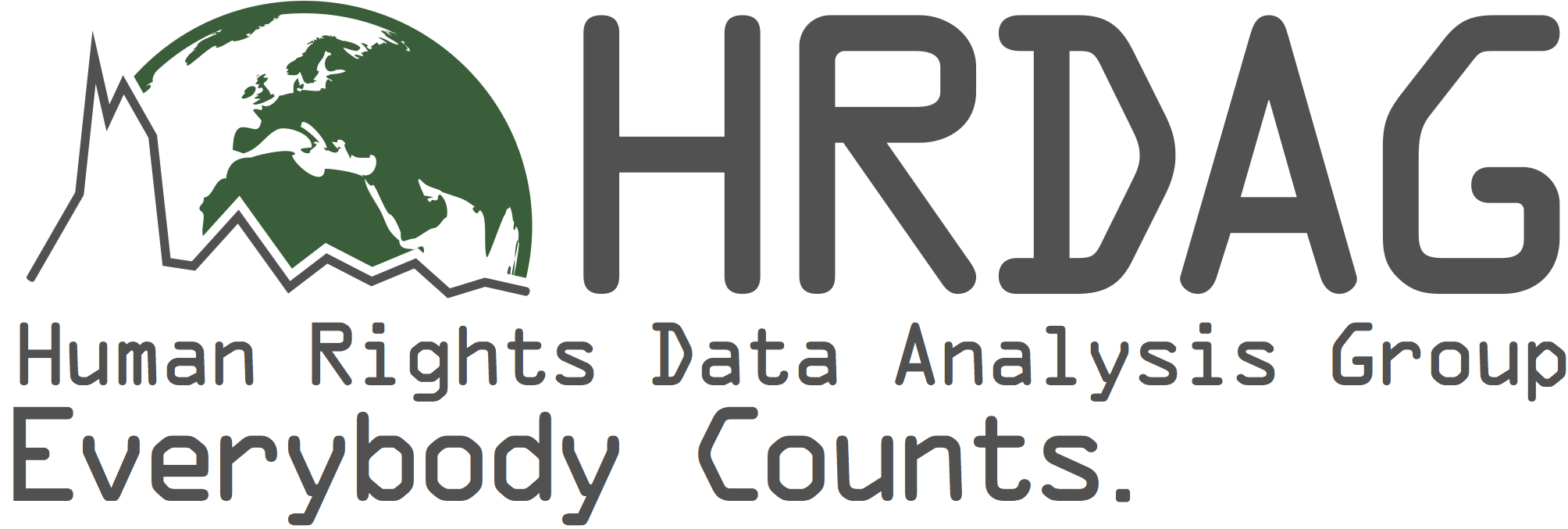Saturday 10:00 AM–10:45 AM in Theater
JupyterLab
Jamie Whitacre
- Audience level:
- Intermediate
Description
This talk provides an early view of JupyterLab, an evolution of the Jupyter Notebook that provides a modular and extensible user interface within the context of a powerful workspace.
Abstract
Project Jupyter provides building blocks for interactive and exploratory computing. These building blocks make science and data science reproducible across over 40 programming language (Python, Julia, R, etc.). Central to the project is the Jupyter Notebook, a web-based interactive computing platform that allows users to author data- and code-driven narratives - computational narratives - that combine live code, equations, narrative text, visualizations, interactive dashboards and other media.
The fundamental idea of JupyterLab is to offer a user interface that supports interactive workflows that include, but go far beyond, Jupyter Notebooks. In JupyterLab, users can arrange multiple notebooks, text editors, terminals, output areas, etc. on a single page with multiple panels, tabs, splitters, and collapsible sidebars with a file browser, command palette and integrated help system. The codebase and UI of JupyterLab is based on a flexible plugin system that makes it easy to extend with new components.









